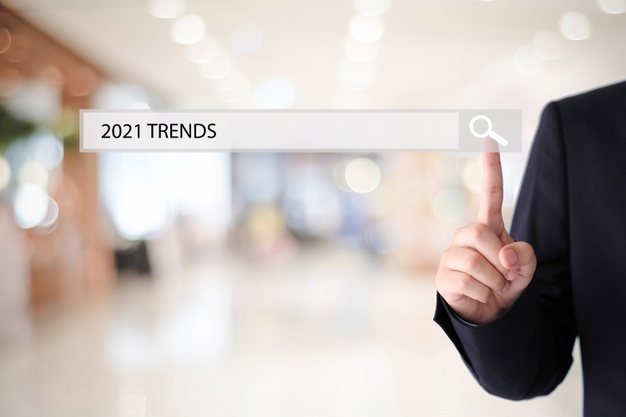As much as Covid-19 has impacted every sphere of life, its most prominent effects are observed in the workplaces. Work and life are blended together today more than ever and where some trends that were on their way have almost become needs, many other ongoing ways have been disrupted and discarded. Hourly workers are now being accepted and respected for their roles in running the civilization. For full-time workers, the observation so far suggests that they prefer to eventually return to in-person work, however, not into the conventional Monday-to-Friday rut.
Let’s take a look at four most compelling changes that are emerging in the corporate work culture:
- Feeling safe over feeling good:
Safety, security and health now occupy the center-stage. It is not just the priority of the workers to take care of their health and safety, but also the duty of the organization to provide a clean and hygienic work environment to them. Modern job seekers now evaluate the job offer by ensuring that these criteria are met, even before they evaluate the quality of coworkers or even professional growth opportunities in the company. This tells that the organizations adhering to the CDC’s guidelines, as well as ensuring employee wellbeing by providing support through enhanced sick leaves, financial assistance, adjusted hours of operation and child care provisions will be more effective at recruiting and retaining talent. Some companies are going way ahead with technology by using it as a means to ensure safety. Nokia has an automated elevator temperature detection solution to spot Covid-19 infections in buildings and PwC has an automated contact tracing tool that notifies employees who have been in contact with another infected coworker.
- Remote work is the new smart work:
A stagnant desktop employee is no longer a reality. Now that jobs are seeking out talent, rather than talent coming to them like in the past, companies are decentralizing their offices. Gartner conducted a poll that revealed 48% of employees will now likely work remotely versus 30% before the pandemic. Consequently, the second-tier cities are emerging. Workers are relocating to suburbs to feel safe, save money, and have more space to accommodate a private work corner at home. Organizations will be shifting to more remote work operations, explore the critical competencies employees will need to collaborate digitally, and be prepared to adjust employee experience strategies.
- The future is flexible:
A welcome silver-lining of the pandemic is that workplaces are opening up to offering flexibility to their employees. The hybrid workplace model allows the experience of the best of both worlds — structure and sociability at office, independence and flexibility at home. This newly discovered flexibility has allowed workers to compare their working conditions to the traditional office schedules, and realize how rigid work schedules were negatively impacting their personal life and overall wellness.
Sodexo has split their workforce into Team A and Team B, where they switch between office and remote work, thus making the office safer and being flexible. Many companies will be embracing flexible spaces and schedules as we move forward into 2021.
- Digital all the way:
In the words of Satya Nadella, CEO of Microsoft, “we’ve seen two years worth of digital transformation in two months”. COVID-19 is accelerating the digital transformation of the workplace. While there was resistance to these technologies in the past, IBM found that two-thirds were able to overcome it due to the current health and economic crisis . Afterall, managing flexible schedules is only possible through technological advancements. Technologies like contact tracing, collaborative tools, and AI-driven software have been widely adopted to improve employee mental health, productivity, flexibility and safety.
Since there is a lot of experimentation and innovation in the company approaches to alternative work arrangements, a 2021 forecast is important to help prepare organizations by gathering, assessing, and reporting the trends that will most impact them while equipping professionals with the insights they need to stay relevant in their professions.
The global pandemic accompanied by severe recession and widespread social unrest is clearly indicative of the fact that we are at a turning point in 2021 and therefore, a linear prediction is almost impossible to derive. Until COVID-19 is brought under control, we are all in for a ride. But, the good news is that after a tumultuous year, we already appear to be in the midst of a rapid economic recovery.
Qdesq, is India’s largest online marketplace for flexible workspaces, our key account managers understands your requirements and negotiates the best possible price without ant brokerage fees. Email us at : social@qdesq.com or call us at: +918800255593










